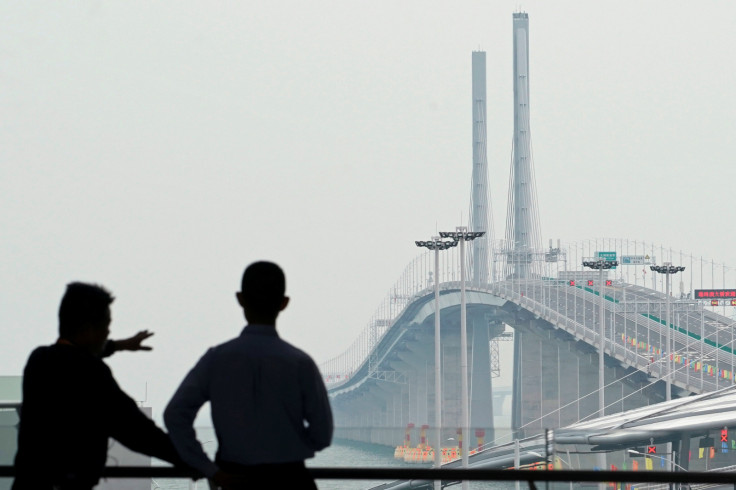Twitter promotes Chinese-made ads against Hong Kong protesters: Report
The social media platform has been accused of promoting Chinese-made ads that attack Hong Kong protesters.
Twitter is reportedly allowing its advertising feature to be used to attack Hong Kong protesters. The controversial ads, which were reportedly made by Chinese government mouthpiece Xinhua, are running on the platform and are openly attacking citizens protesting against a controversial extradition bill between China and Hong Kong.
Twitter has earlier been accused of letting its platform be used to influence elections around the world and is now at the center of a new storm. The incendiary ads on its platform state that the protests are "escalating violence." Furthermore, the ads call for "order to be restored." They also highlight support for the Chinese "motherland" and try to put a focus on Hong Kong's economic troubles from earlier this year.
The social media giant has not commented on the matter, but other platforms such as social bookmarking site Pinboard have officially accused Twitter of supporting China. Pinboard stated on its official @Pinboard Twitter account that Twitter is "taking money from Chinese propaganda outfits and running promoted ads against top Hong Kong protest hashtags."
Twitter is now faced with a dilemma and it might need to take a political position – it will either keep running these ads in favor of China, or lose the sliver of a reputation it has as a free platform. It will be ironic if it continues to promote these ads since the social media platform is actually banned in China and has been replaced by the state-run Sina Weibo.
Earlier, Twitter was also accused of ignoring hate speech and political propaganda and now, it is being accused of promoting actual political propaganda. If it continues to do so, it will risk alienating both protesters and people who consider it as a platform for free speech.
Hong Kong has been dealing with anti-China protests for the last three months, ever since a controversial extradition bill was announced. The bill aims to apply laws from Mainland China to Hong Kong and to allow extradition of criminals incarcerated in Hong Kong to China. Protesters have continuously been asking for the government to overturn the bill as they believe it attacks their fundamental rights and freedoms.

© Copyright IBTimes 2024. All rights reserved.








